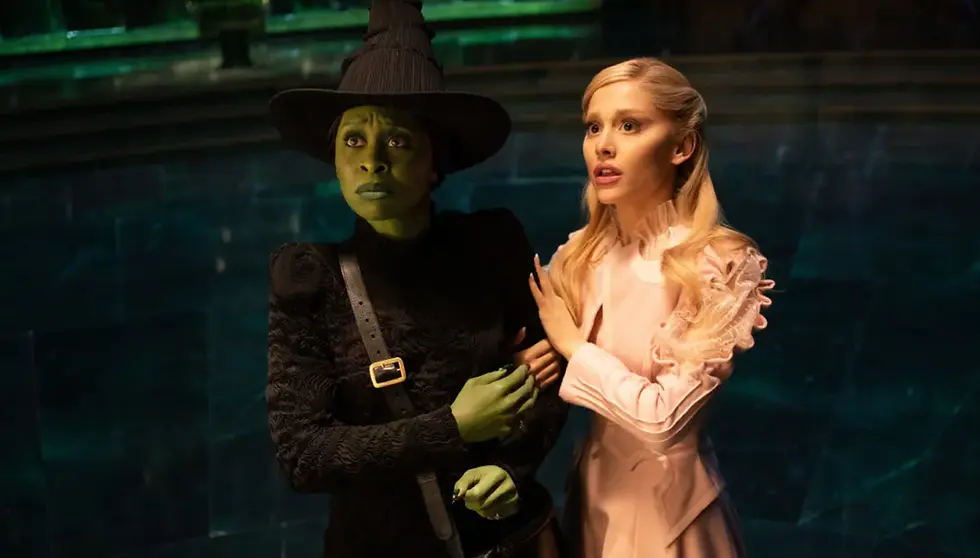The Deep Blue Sea - Chichester Minerva Theatre
- comaweng
- Jul 27, 2019
- 2 min read

With psychological and mental health being increasingly talked about, perhaps this revival of The Deep Blue Sea is quite timely. I only bothered to see it in Chichester on the back of positive reviews, and because I was down in West Sussex anyway to see a production of Oklahoma! in the Festival Theatre, I thought I may as well stay on to see this play across the road in the Minerva. A heatwave was taking hold in the UK when I saw it, and the theatre staff were handing out cups of water on the way into the auditorium, because the air conditioning had broken down in the theatre, as well as in the Bar and Grill in the same building.
I know when I’m out of London when free refreshments are available under any circumstances. The London theatres may say that free water is provided, but it is not actively promoted or pointed out: one either knows where it is kept and gravitates to that place, or must very deliberately ask someone, which really isn’t the same thing. There isn’t a huge amount I wish to say about this production, not least because I’ve only gotten around to saying anything about after the production has closed. It is also a very faithful production – as an ex-Prime Minister once put it, “Nothing has changed!”
The clipped tones are still there – and Hester Collyer’s (Nancy Carroll) life is complicated even by contemporary standards. There are divorce proceedings in progress following her departure from Sir William Collyer (Gerald Kyd), apparently a High Court judge, and is now seeing Freddie Page (Hadley Fraser), who served in the Royal Air Force during the Second World War and displays the kind of brash bravado that one would reasonably expect from such a character. The set fits the 1950s setting, as do the costumes and forms and manner of speaking.
There isn’t anybody that isn’t thoroughly convincing – the landlady, Mrs Elton (Denise Black), the upstairs busybody Philip Welch (Ralph Davis) and the doctor (who no longer practises for reasons explained in the narrative) known only as Mr Miller (Matthew Cottle) are all highly believable in their various distinct ways. Carroll’s Hester, however, is the one who runs through an extremely broad range of human emotions – usually restrained and composed, her cry of despair in the dying moments of the play is made even more powerful because of all the subtlety and nuance that preceded it.
It was the right play for the relatively small stage space, and the storyline was as gripping as ever with this stellar cast.




Comments